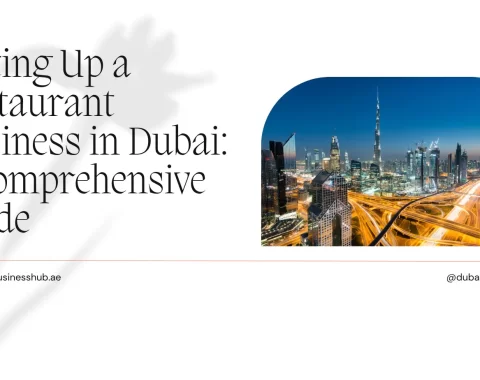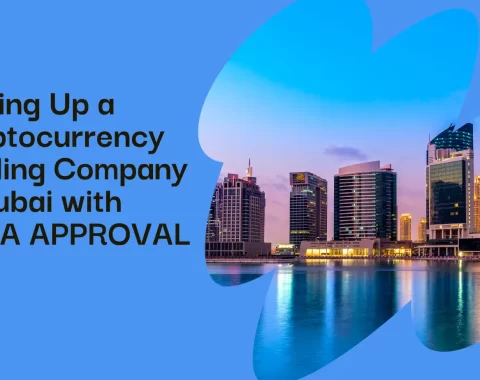Dubai’s dynamic business landscape offers entrepreneurs diverse options for company setups, including free zone and mainland structures. Each setup comes with its unique advantages and regulatory frameworks. Understanding the differences between the two is crucial for making informed decisions. This blog post highlights the disparities between setting up a free zone company and a mainland company in Dubai.
Setting Up a Free Zone Company
1. Ownership: Free zone companies allow 100% foreign ownership, enabling investors to have full control over their businesses without the need for a local sponsor or partner.
2. Taxation: Free zone companies typically enjoy tax exemptions for a specified period, making them an attractive option for those seeking to minimize tax liabilities.
3. Customs Benefits: Free zone companies benefit from customs duty exemptions for imports and exports within the free zone area, facilitating smooth international trade operations.
4. Repatriation of Profits: Free zone companies permit the complete repatriation of capital and profits, enabling investors to transfer funds abroad without restrictions.
5. Business Location: Free zones offer strategically located business hubs with modern infrastructure, amenities, and access to global markets, fostering a conducive environment for international trade and investment.
6. Zero Taxes: Freezone company setups in Freezones like International Freezone Authority(IFZA) is exempt from VAT of 5% and Corporate Income taxes.
Setting Up a Mainland Company
1. Local Market Access: Mainland companies can conduct business directly within the local UAE market without any restrictions, allowing them to cater to the diverse needs of the local population.
2. Business Activity Diversification: Mainland companies have the flexibility to operate a wide range of business activities without limitations, providing entrepreneurs with the opportunity to explore various sectors.
3. Wider Business Scope: Mainland companies can engage in government projects and contracts, opening up avenues for partnerships and collaborations with various governmental entities.
4. Employment Options: Mainland companies have more flexibility in hiring employees from the local market, offering a broader pool of talent to choose from.
5. Legal Compliance: Mainland companies must adhere to the UAE Commercial Companies Law and involve a local Emirati sponsor or service agent, who typically holds a 51% share in the company.
6. Financial Compliance: All mainland companies are subject to a VAT of 5% and a corporate income tax on the net income for 9%.
Deciding between setting up a free zone company and a mainland company in Dubai hinges on specific business requirements, market objectives, and the scope of operations. While free zones offer advantages like full ownership and tax exemptions, mainland companies provide access to the local market and diverse business activities. Understanding these differences is crucial for entrepreneurs aiming to establish a successful business presence in Dubai, a city that continues to be a flourishing hub for global commerce and trade.





